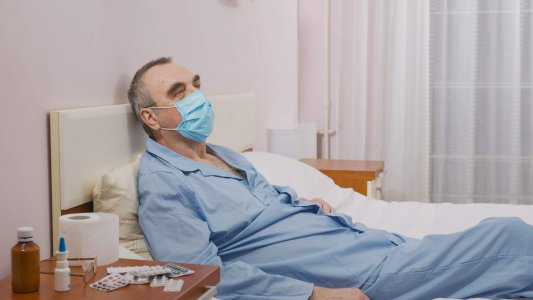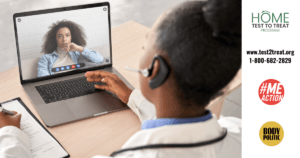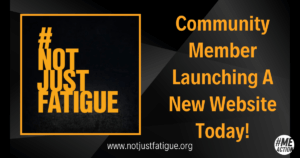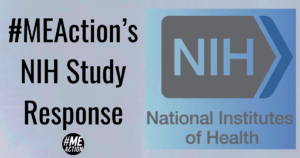Recently, #MEAction received what may be the first, participant-led analysis of COVID-19, entitled What Does COVID-19 Recovery Actually Look Like? An Analysis of the Prolonged COVID-19 Symptoms Survey by Patient-Led Research Team.
The Body Politic COVID-19 Support Group surveyed over 600 participants who had experienced/were experiencing COVID-19 symptoms for at least two weeks, revealing insights into disease-presentation and long-term issues in recovery.
“Public discourse on COVID-19 has largely centered around patients with severe or fatal illness… [but] it has become clear that a growing number of patients will experience mild to moderate symptoms for a prolonged period of time,” a Body Politic COVID-19 Support Group representative reported on Wednesday.
“These patients currently have little guidance and their experiences are often downplayed. However, their insights can be extremely valuable in learning more about the long-term impacts of the virus, as well as the lived experiences of those who have contracted and will contract COVID-19.”
You can read the Executive Summary by clicking on the link, or read key excerpts below.
For in-depth analyses on the findings, please read the full report by clicking on the link.
Key Findings:
● Symptoms are not limited to cough, fever, and shortness of breath: Other widely reported symptoms span neurological, gastrointestinal, cardiovascular, and other systems and include:
- fatigue (reported by 81.3% of respondents);
- chills/sweats (75.9%);
- body aches (73.9%);
- headache (72.2%);
- brain fog and concentration issues (68.6%);
- gastrointestinal issues (66.9%);
- trouble sleeping (66.1%);
- dizziness (60.6%).
- An elevated temperature under 100.1°F was reported by 72.2% of respondents while a fever over 100.1°F was reported by only 47.8% of respondents.
● Recovery is volatile, includes relapses, and can take six or more weeks:
At the time respondents took the survey, 90.6% reported not being recovered and were, on average, on day 40 of experiencing symptoms. 89% of respondents said that their symptoms fluctuated in intensity and frequency, and 70% reported new symptoms appearing at different stages of their illness. Based on textual responses and anecdotes from the support group, patients may feel better for days or weeks only to relapse into old or new symptoms soon after.
● Early testing is crucial, and questions remain around test accuracy: Despite all respondents showing COVID-19 symptoms, 47.8% were either denied testing or not tested for another reason. The main difference between respondents who tested positive and those who tested negative was how early in their illness they were tested (on average day 10 for those testing positive, and day 16 for those testing negative).
Furthermore, the only difference in symptoms between these groups is that those who tested positive reported loss of smell and loss of taste more often, even when controlling for testing time. This could indicate that current tests are not picking up on a subset of COVID-19 patients, and further investigation into whether tests are accurately capturing the presence of the virus is encouraged.
● Stigma and lack of understanding compromise access to healthcare and quality of support: 50% of respondents felt only somewhat supported by medical staff, and many respondents reported receiving conflicting advice from different healthcare professionals on testing eligibility, symptom severity, and when to cease self-isolation. Furthermore, patients experienced a wide range of social stigmas. Both systemic and internalized stigma impact patients’ ability and willingness to seek care, self-isolate, and recover with adequate medical and social support.
Respondents also had a major decline in physical activity; whereas 67% had rated themselves as active before onset, approximately the same number now considered themselves sedentary.
The full report is a feat of citizen science, with a lot of useful detail to guide future investigations and an honest exploration of the study’s limitations.


